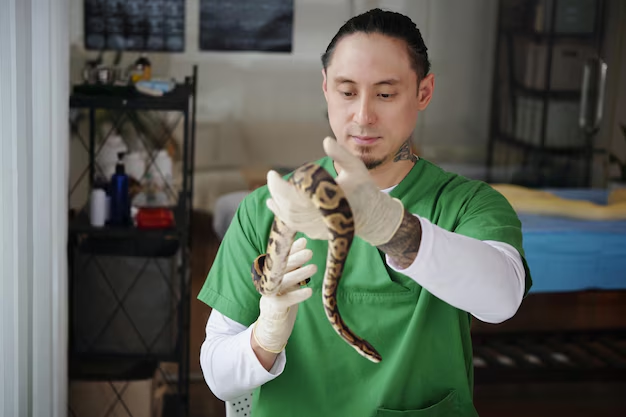How to Become a Veterinarian: Essential Degrees and Certifications
Pursuing a career as a veterinarian is both intellectually rewarding and fulfilling for those passionate about animal health and welfare. To embark on this journey, a solid educational foundation is essential. Aspiring veterinarians must first complete a Bachelor's degree in a relevant field, typically in sciences such as Biology, Animal Science, or a related discipline. This undergraduate education lays the groundwork for the advanced studies needed to excel in veterinary medicine. Following this, individuals must earn a Doctor of Veterinary Medicine (DVM) degree from an accredited veterinary school, which usually takes four years and combines intensive coursework with practical experience.
The journey doesn't stop there; veterinarians must also obtain a state license, which requires passing the North American Veterinary Licensing Examination (NAVLE). Depending on one's career goals, additional certifications in specialties such as surgery, dermatology, or internal medicine may be pursued, often requiring residency programs. Engaging in continuous professional development through courses and workshops is also crucial to stay abreast of advances in veterinary science. This comprehensive educational pathway underscores the importance of dedicated training for those aspiring to offer the highest standard of care to animals.
Pathway to Becoming a Veterinarian: Key Educational Steps
- 🎓 Bachelor’s Degree: Biology, Animal Science, or a related field
- 🎓 Doctorate Degree: Doctor of Veterinary Medicine (DVM)
- 📝 Licensing: Pass the NAVLE for state licensure
- 🎖️ Optional Certifications: Specialties like Surgery or Dermatology
- 📚 Continued Education: Courses and workshops for professional growth
